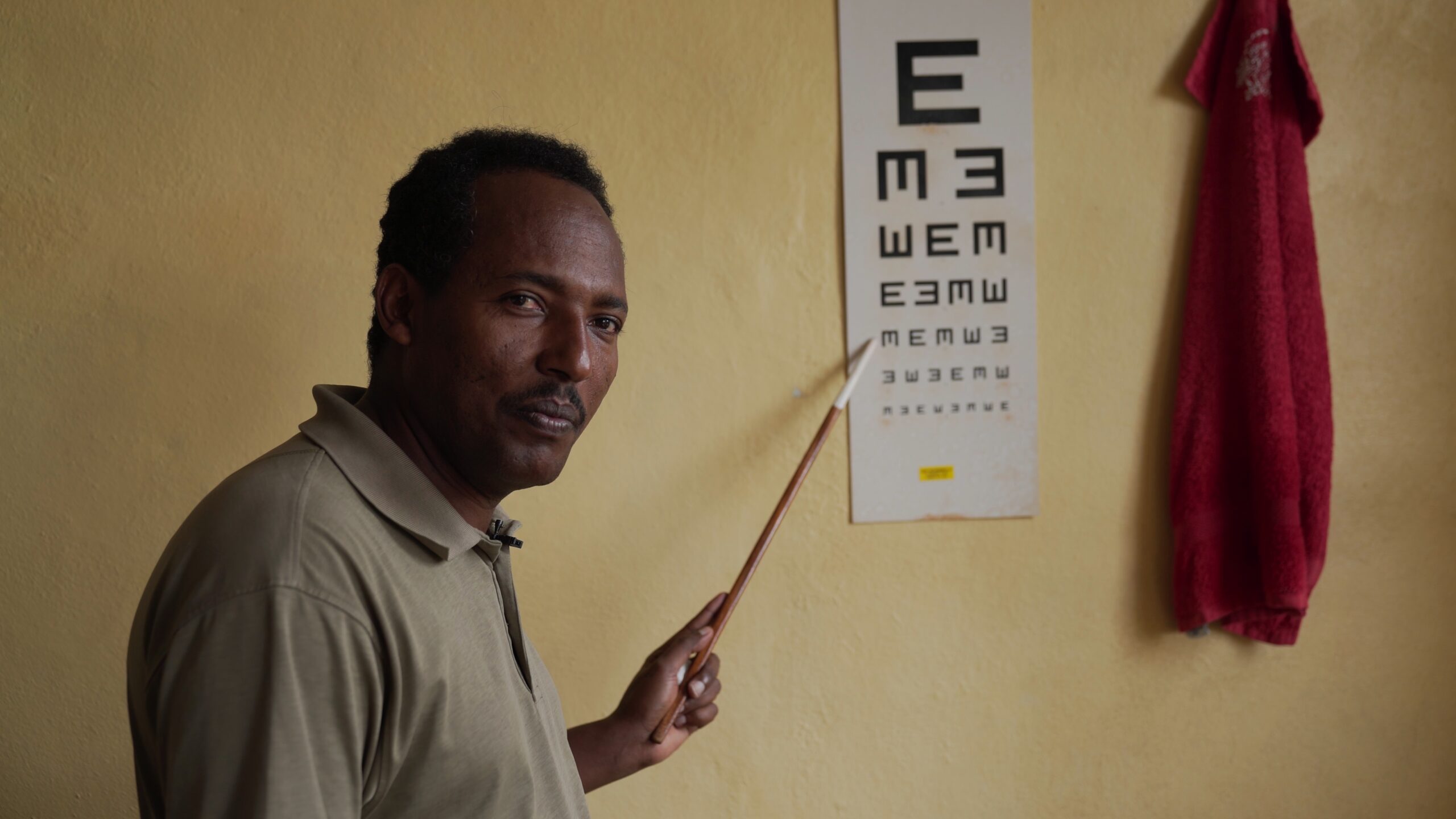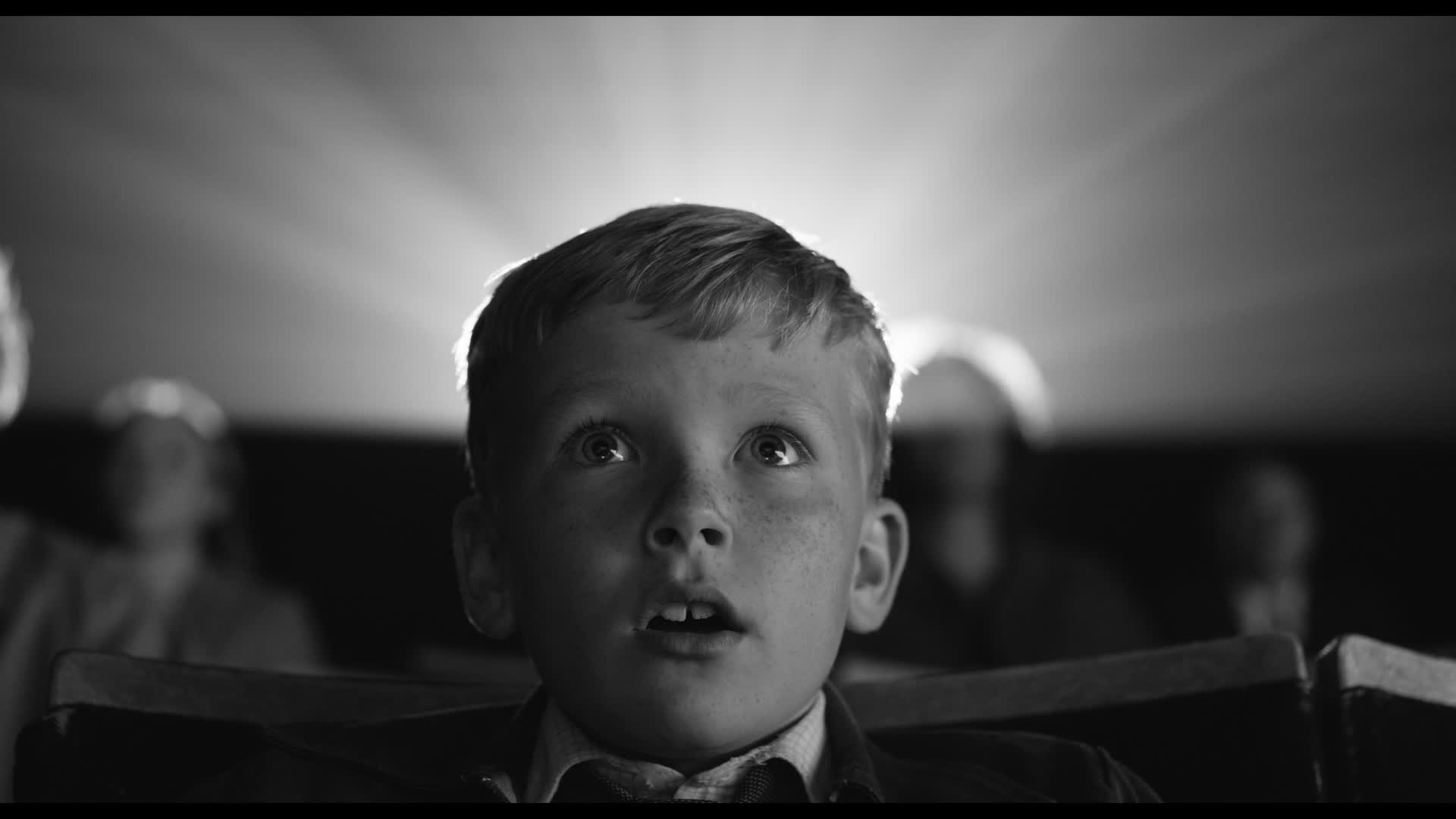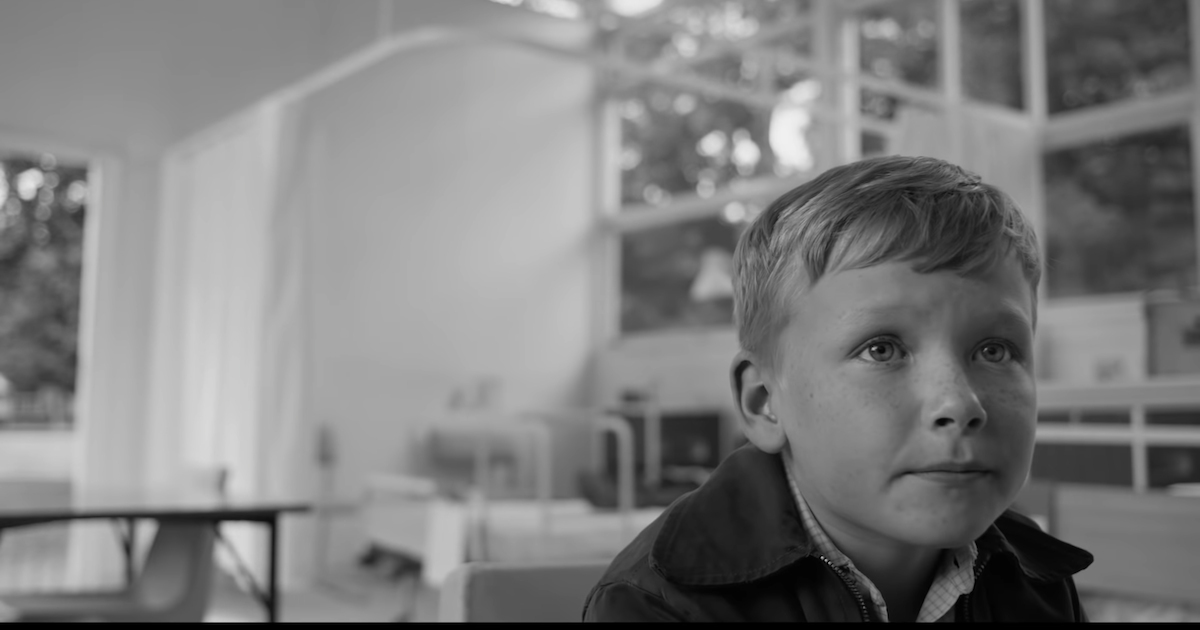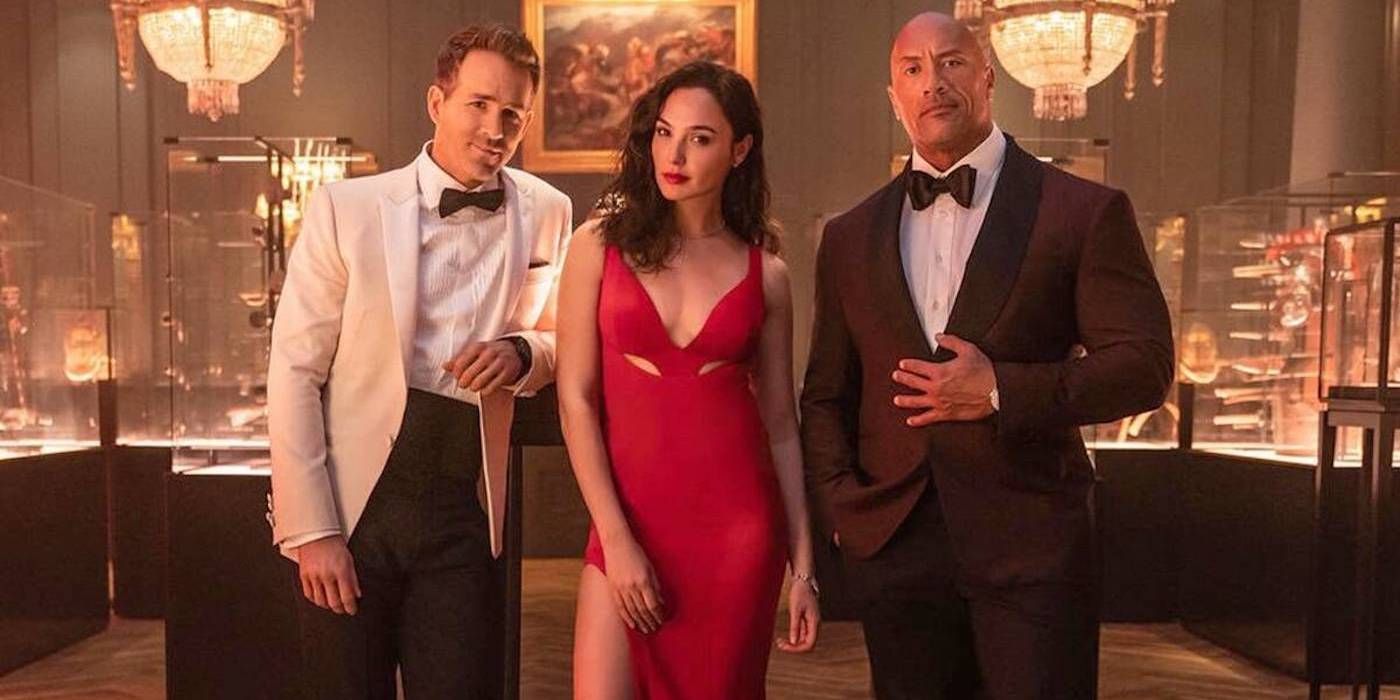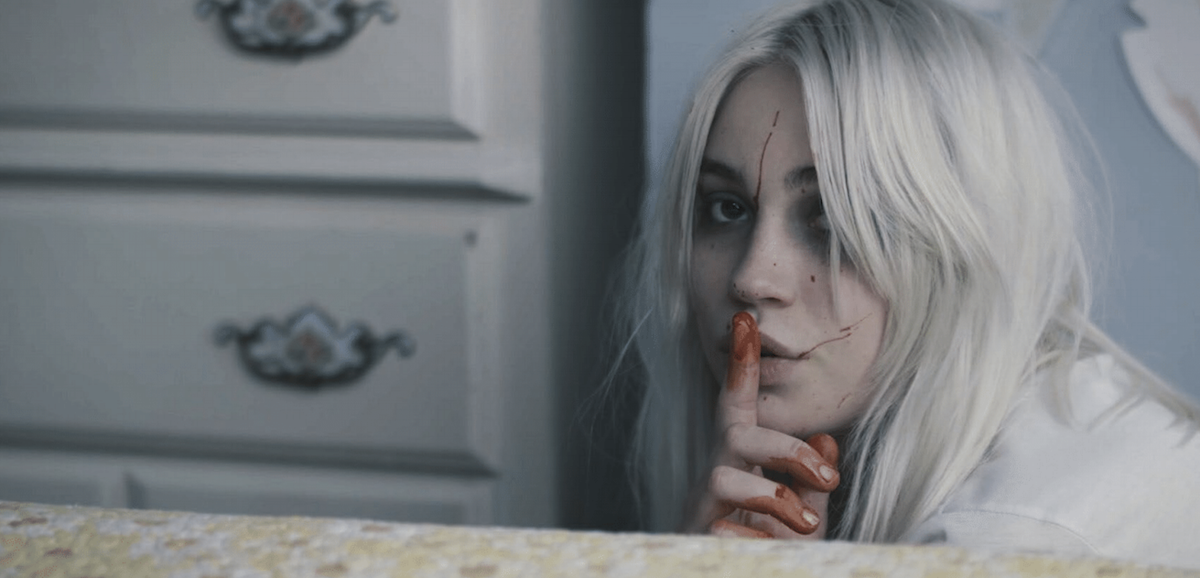tick, tick…BOOM!
by George Wolf
What’s an aspiring writer to do when his first major work is bypassed for the eager anticipation about what he’ll do next?
He takes his agent’s advice to “move on to the next one. And write what you know.”
Broadway trailblazer Jonathan Larson – Tony and Pulitzer Prize-winning writer and composer of Rent – agonized for 8 years over Superbia, a futuristic musical that never earned a full production. When Larson did move on to the next one, it became tick, tick…BOOM!, his autobiographical story of a composer named Jon whose final days as a twentysomething bring feelings of rejection and inadequacy.
ttBOOM! made it to off-Broadway in 1990, with revivals beginning in 2001,15 years after both the phenomenal success of Rent and Larson’s tragic death from an aortic aneurysm at the age of 35.
Now, director Lin-Manuel Miranda brings Larson’s story of struggling artistry to the screen with an infectious exuberance and undying respect for those committed to the roar of the greasepaint and the smell of the crowd.
Andrew Garfield stars as Jon, who waits tables in a New York diner, works on his musical and worries about how much other people have accomplished before turning 30 (“Sondheim wrote West Side Story at 27!”)
While Jon struggles to find enough money to keep the lights on, his longtime girlfriend Susan (Alexandra Shipp) mulls a tempting job offer in the Berkshires, and his best friend Michael (Robin de Jesus) decides it’s finally time to give up the Broadway dream and get a real 9 to 5 gig.
While everyone – including Sondheim himself! (a terrific Bradley Whitford) – tells him Superbia needs one more big song in the second act, Jon rebuffs any need for a life “backup plan,” even as his tenuous relationship status and a co-worker’s HIV diagnosis remind him of each precious tick of the clock.
Miranda and screenwriter Steven Levenson (Dear Evan Hanson, Fosse/Verdon) effectively layer the musical segments with real-life inspirations and one-man show beginnings that build to workshop performances and Broadway fantasies. From the birthday defiance of “30/90” to the pleading interplay between Garfield, Shipp and Vanessa Hudgens (as Susan’s stage persona) on “Come to Your Senses,” Miranda’s staging is lively and stylish, peppered by plenty of Easter eggs and cameos saluting years of musical greats (including Chita Rivera, Bernadette Peters, Bebe Neuwirth and two of Hamiton‘s Schuyler sisters in the show-stopping “Sunday” alone).
Garfield delivers an electric, committed performance, singing well and absolutely selling the manic, no-sleep-til-curtain-time tunnel vision that Larson clings to instead of admitting that there might be any other way to live.
And as a tribute to this life, the creative process and one man who personified both, tick, tick…BOOM! is a runaway hit. But in the process, it forgoes a sense of intimacy that might have brought us closer to Larson himself. That’s a trade-off the film ultimately seems comfortable with. Miranda, Garfield and company are going big here, and end up reaching the balcony with crowd-pleasing panache.



